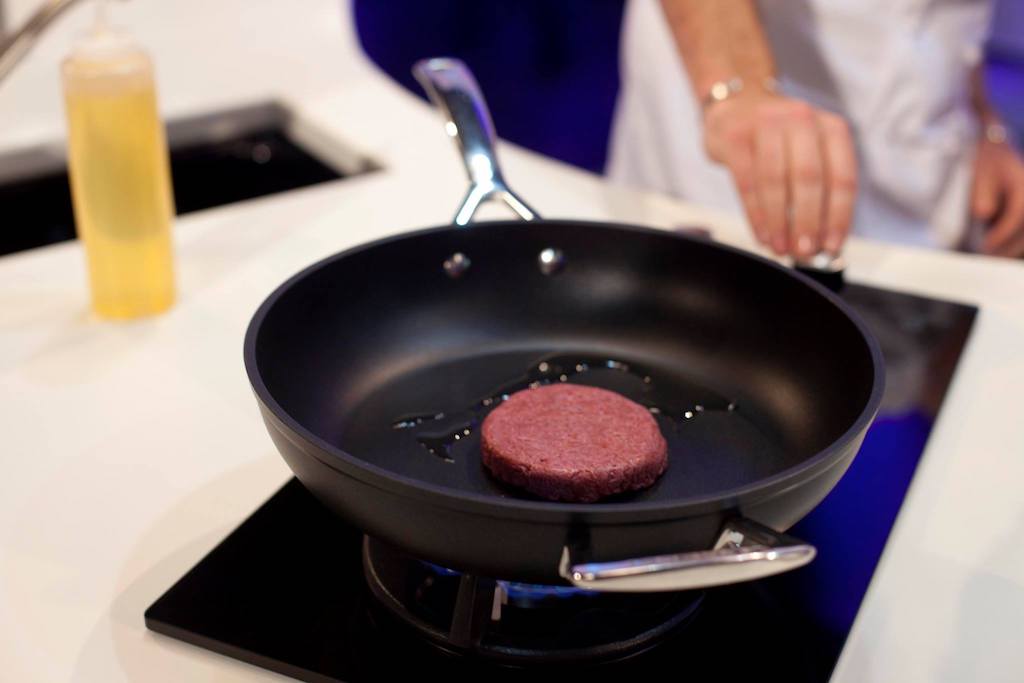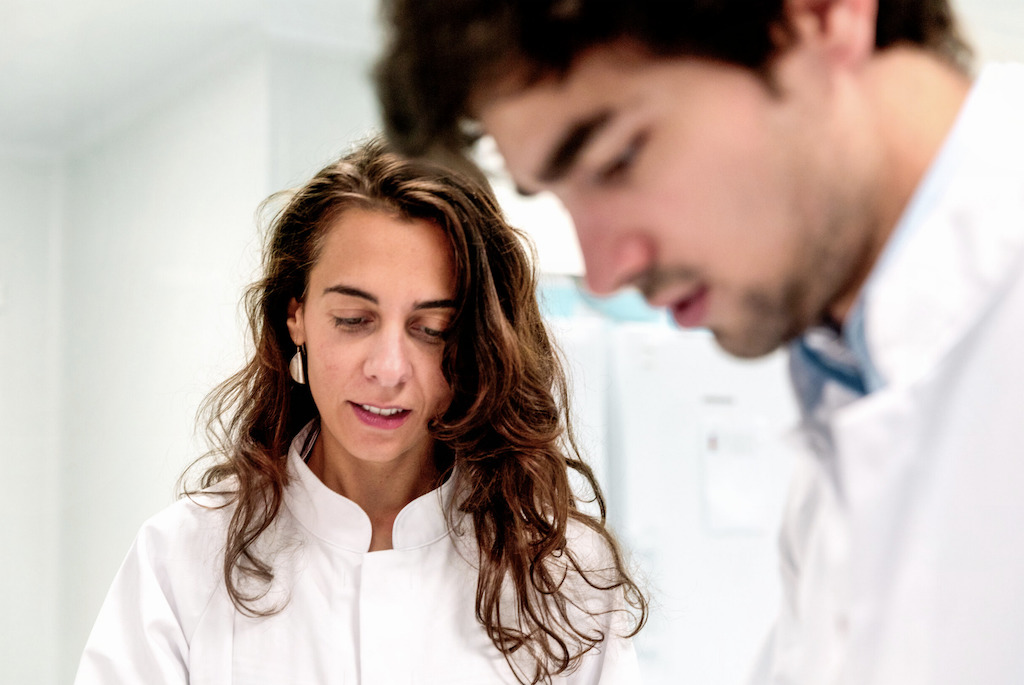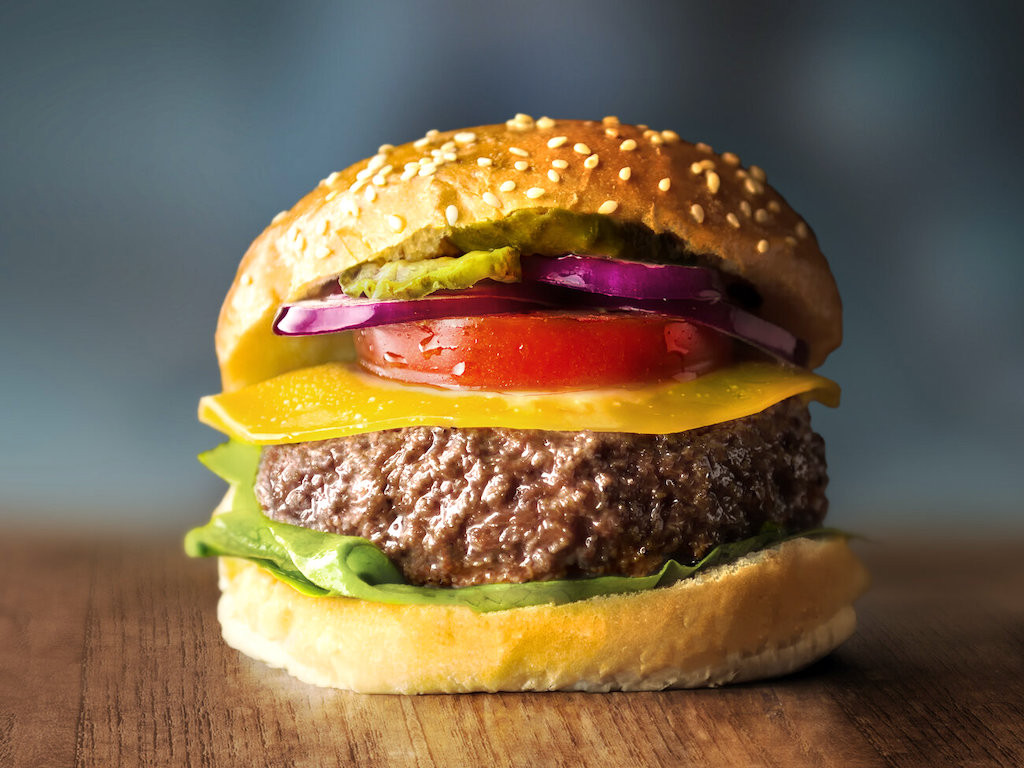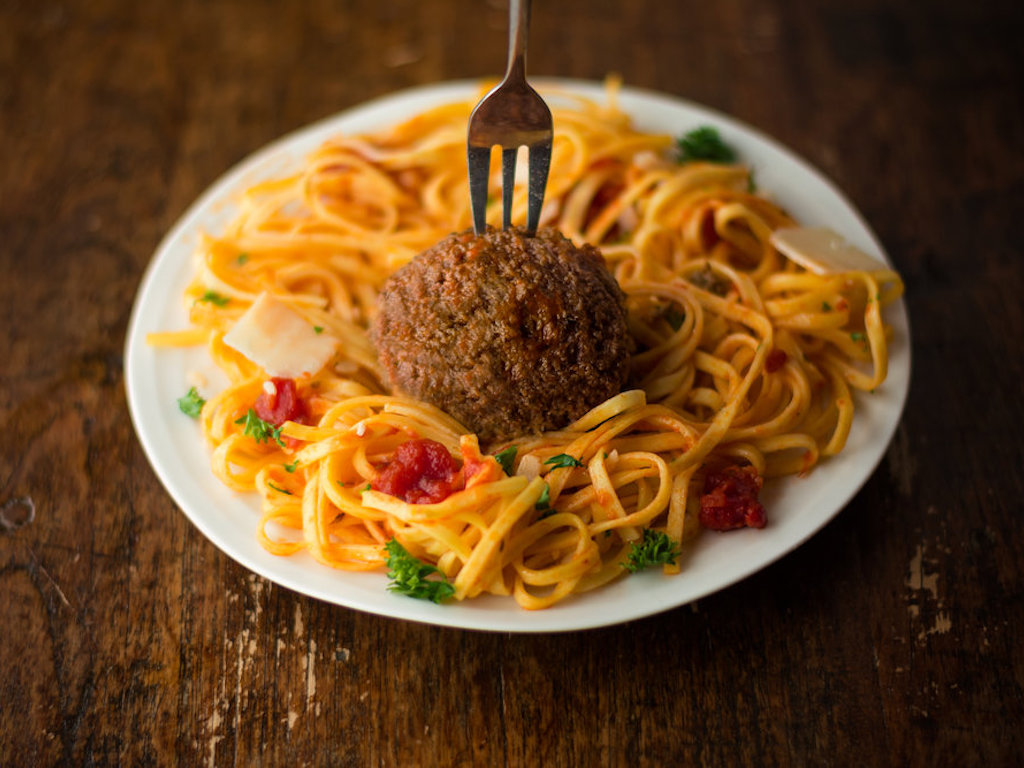Mosa Meat Bags €2M EU Grant to Slash Cell-Based Beef Costs by 100-Fold
3 Mins Read
Mosa Meat, the Dutch cell-based meat pioneer, has secured an EU grant for its Feed for Meat project in partnership with aquafeed giant Nutreco. The grant, totalling nearly €2 million, will be put towards R&D into lowering cell culture media costs by as much as 100-fold, bringing it one step closer to commercialising cell-based beef in the European market.
Mosa Meat has bagged nearly €2 million under an EU grant, awarded by the REACT-EU recovery assistance program. The funding was given to Mosa’s joint project with Nutreco, Feed for Meat, which aims to lower the costs of cultivated meat and improve the sustainability of cell-based meat production.

Feed for Meat project
The project with aquafeed giant Nutreco, which also invested in Mosa Meat in its $85 million Series B earlier this year, managed to rank highly under the REACT-EU scheme, which saw more than 60 applications.
Most of the funds will go towards Feed for Meat’s R&D into lowering the costs of basal media, where the beef cells are able to grow. It will involve Mosa moving away from pharmaceutical-grade products, and instead use feed and food-grade by-products sourced from Nutreco’s supply chain.
Commenting on receiving the grant, Mosa co-founder and COO Peter Verstrate said: “We are honoured to be awarded this grant and look forward to catalyzing our research to reduce the costs of cell culture media.”

“By replacing pharma-grade ingredients with food-grade ingredients, our team predicts cost reductions in the order of 100 times. Support from the government is a great contribution in bringing cultivated beef to the European market.”
Since its founding in 2013, Mosa has already managed to slash the cost of its growth medium by 88-fold. In May this year, Mosa announced it had reduced its FBS-free fat medium costs by over 65-times too.
Bringing cell-based beef to Europe
Both Mosa and Nutreco say that the additional funds will speed up its timeline to commercialise cell-based beef in Europe. In addition to lowering the cost of production, the project will focus on lowering the environmental impact of the entire manufacturing process.

In a life-cycle assessment conducted by CE Delft, analysts estimate that cultivated meat, if produced using clean energy, could have a 92% lower carbon footprint compared to conventionally farmed meat. It would also save 93% of particulate matter pollution, use 95% less land and 78% less water.
“As we strive to feed a growing population in a safe and sustainable way, we will need to utilise a variety of new and emerging protein production methods,” shared Nutreco CEO Fulco van Lede. “The grant is an important step towards commercialization of cultivated meat. I’m thrilled that we have received the funding as this allows us to develop inputs for the cultivated meat industry to produce sustainably.”
Mosa Meat has made its intentions clear that it plans to work with European regulators to achieve approval for its cell-based beef. At the moment, Singapore remains the only country to have received the go-ahead to sell cultured chicken, though regulatory developments are picking up speed in Israel, Qatar, and the US.
All images courtesy of Mosa Meat.




